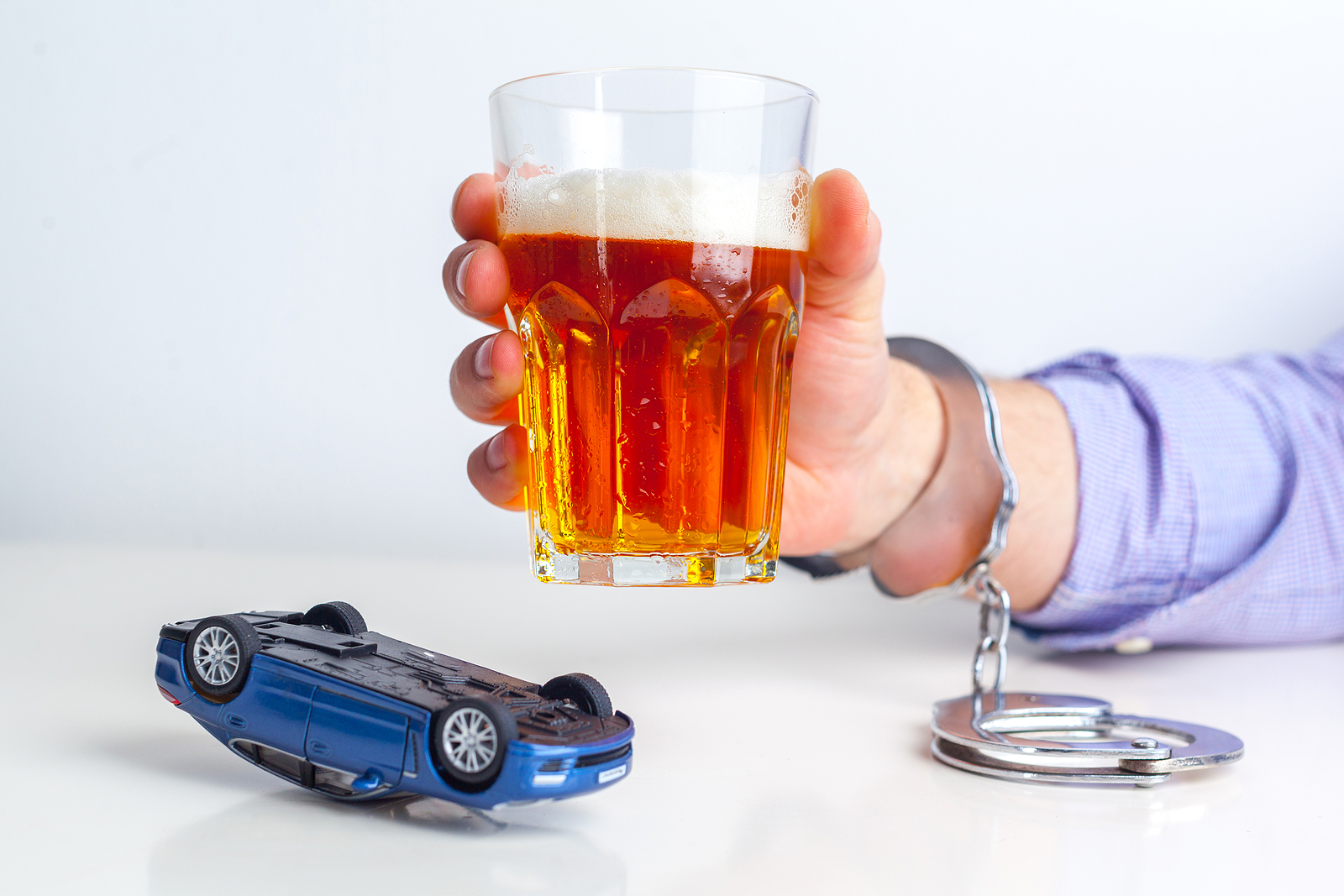What Are Louisiana’s DUI Laws?
Louisiana has a strong commitment to road safety and the prevention of alcohol-related motor vehicle accidents, so the state’s DUI laws are fairly strict and stringent. Under Louisiana law, a motorist is considered to be driving while intoxicated if their blood alcohol concentration (BAC) is 0.08% or higher. For drivers of commercial vehicles, the BAC limit is typically lower, closer to 0.04%. For drivers under the age of 21, there is a zero-tolerance policy, meaning that any amount of alcohol in the driver’s system could result in harsh legal consequences.
Louisiana has implied consent laws for motorists driving on the state’s roads. This means that you agree to submit to chemical tests (blood, urine, or breath) if you are suspected of driving under the influence. Refusal to comply with a police officer’s request for a chemical test can result in your driver’s license being suspended.
It’s worth noting that Louisiana drivers can be charged with DUIs even if their BAC is below the threshold, so long as their ability to operate the motor vehicle is clearly impaired by alcohol or drugs in their system.
What Are Potential Punishments for a First-Time DUI Offense?
Whether it’s a first offense or a subsequent DUI offense, penalties for DUIs and DWIs are often much more than just a legal slap on the wrist. Additionally, those who have faced DUI charges previously will likely see more serious consequences with repeat offenses.
Common penalties for DUIs in Louisiana include the following:
- Costly fines.
- Loss of driver’s license.
- Incarceration.
- Driving school.
- Installation of an ignition interlock device.
- Community service.
Under Louisiana law, a first-time DWI conviction is considered a misdemeanor. Fines can range from $300 to $1,000. Additionally, first-time offenders may face jail time between 10 days and six months.
What Legal Defense Strategies Can a Lawyer Provide?
Those charged with driving under the influence in Louisiana face severe consequences if they are convicted. However, there are several legal defense strategies available to the accused. The first line of defense is to hire a criminal defense lawyer capable of handling your DUI case. Our law firm has extensive experience handling DUI and DWI cases, and we will be proud to represent your legal rights and defend you against these charges.
Improper Traffic Stop
One of the most common defenses against DUI charges is challenging the legality of the traffic stop. If law enforcement officers did not have probable cause or a valid reason to pull you over, the evidence obtained thereafter could be considered inadmissible in court.
Inaccurate Breathalyzer or Blood Test
Many lawyers challenged the accuracy and reliability of blood tests and breathalyzers, as these tasks can produce false readings due to improper calibration, inadequate training, maintenance issues, or medical conditions.
Faulty Field Sobriety Tests
Many field sobriety tests, such as standing on one leg or the walk-and-turn test, are considered subjective. They can be challenged on the grounds they are not reliable indicators of intoxication.
Medical Conditions
Certain medical conditions or medications can produce symptoms that appear similar to intoxication. If you can demonstrate that a medical condition or prescription medication affected your ability to operate a motor vehicle or otherwise led to a false positive on a breathalyzer test, you may have a strong defense.
Illegal Search and Seizure
Police are sometimes guilty of conducting unlawful searches of your vehicles or your person. If this has occurred, any evidence obtained during that search may be excluded from future court proceedings.
Rising BAC
A rising BAC defense suggests that your BAC was below the legal limit when you were operating the vehicle but exceeded the limit by the time you took the breath test.
Violation of Miranda Rights
If a police officer fails to read you your Miranda rights or conducts an interrogation incorrectly, the statements and evidence obtained during the arrest may be considered inadmissible.
You Weren’t Driving
In some cases, only circumstantial evidence exists to prove that you were the individual behind the wheel of the car at the time of the arrest. If it’s possible to prove that you were not operating the vehicle, this may be a strong defense strategy.
What is the Pretrial Diversion Program?
The state of Louisiana offers pretrial diversion programs for certain nonviolent misdemeanors and felony offenders. To qualify for a pretrial diversion program, you must be an eligible first-time offender. You must establish that you have no previous exposure to the criminal justice system, meaning that you have no criminal record. Even juvenile criminal offenses may bar you from entering the pretrial diversion program.
For first-time offenders in the pretrial diversion program, several requirements must be completed. Regardless of the facts of your case, you may be expected to undergo counseling, take classes, perform community service, and undergo random drug and alcohol tests.
For more information on pretrial diversion programs for first-time offenders, please contact our law firm for legal assistance.
Schedule a Free Consultation with an Experienced Criminal Defense Attorney Today
When a motorist is charged with a DWI, DUI, or a breath test refusal offense for the first time, it is essential that they understand their legal rights and options to fight back against the charges and potentially win their case.
The only way to beat any of these charges is to fight, preferably with strong legal representation in your corner representing your interests.
You mustn’t assume that just because you’ve been arrested for a DUI, the case will inevitably lead to a criminal conviction. All the facts related to the criminal offense will be reviewed, and your attorneys will do their utmost to prove your innocence in a court of law.
Our law firm knows how to beat DUI charges. If you’ve been accused of driving while intoxicated, please get in touch with our Monroe-based law offices to schedule your free initial consultation today 318-594-3592.


 Call Us Now
Call Us Now Email Us Now
Email Us Now

